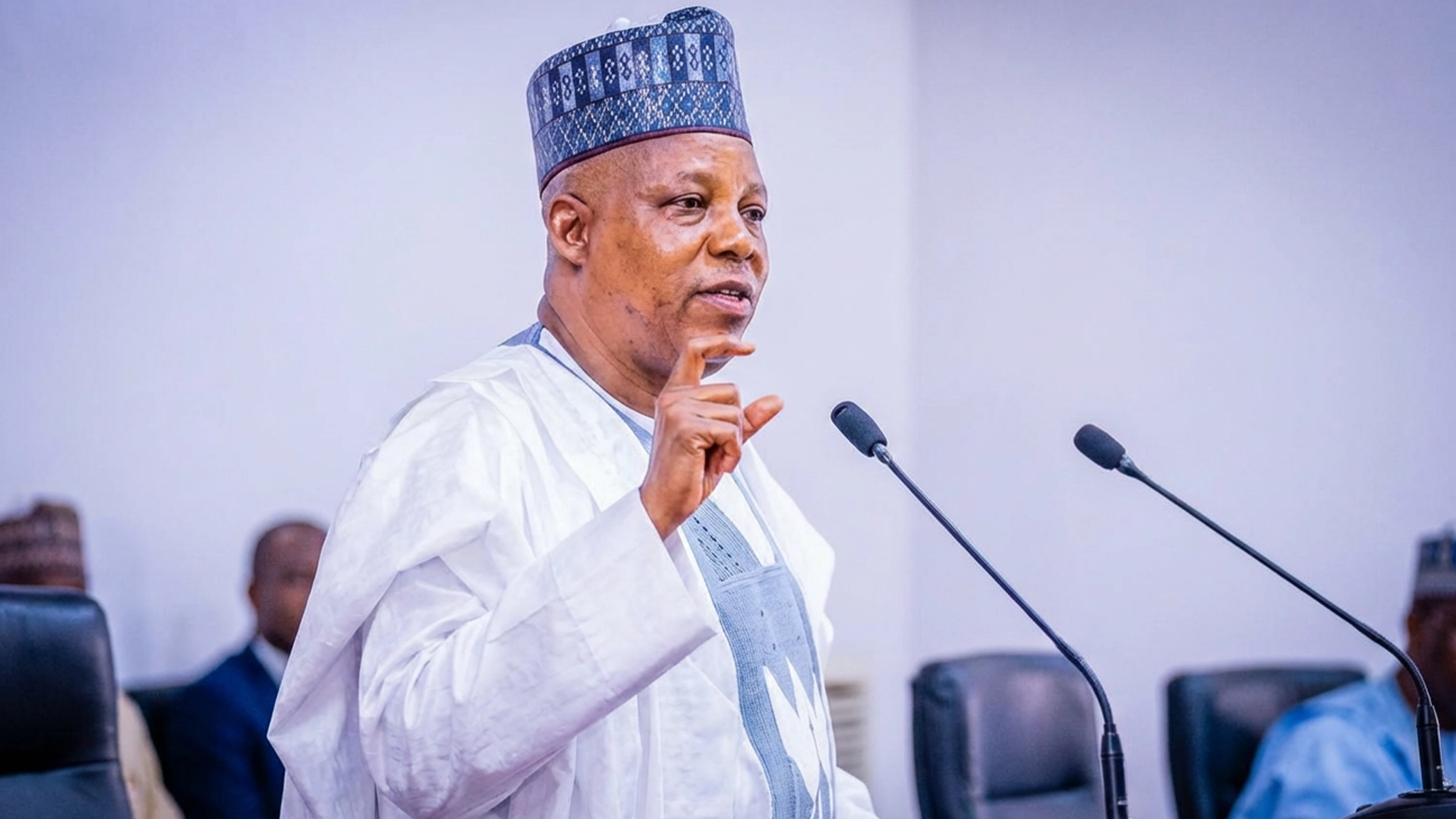The Federal Government has been urged to introduce tax rebates for individuals and organisations investing in education, healthcare, food security, and poverty eradication initiatives nationwide.
A leader at the Christ Embassy, Pastor Titus Temisan, and a lawmaker representing Khana/Gokana Federal Constituency in the House of Representatives, Dumnamene Dekor, made the call in Lagos during the InnerCity Mission Global Roundtable Conference as part of activities marking the World Food Day and the International Day for the Eradication of Poverty.
Temisan, representing the founder of the faith-based empowerment initiative, Chris Oyakhilome, stressed that while poverty might never be completely eradicated, its impact could be drastically reduced through collective compassion and legislative incentives.
Education, according to him, remained the strongest weapon against poverty, next only to the gospel.
He, therefore, asserted that “if someone or organisation builds a school, provides scholarships, or distributes food to thousands, such acts should attract tax rebates, just as it happens in Europe,” urging governments at all levels to use their influence and platforms to inspire others to act.
Also speaking, Deputy Chairman, House Committee on Basic Education, Muktar Shagaya, noted that with 19 free schools across Nigeria where children received tuition, books, and daily nutritious meals at no cost, the Mission had proven that breaking the cycle of poverty begins with giving every child a fair chance to learn and dream.
He commended the Mission’s role in complementing national policies and reaching communities often left behind, noting that “a hungry child cannot learn effectively, and a family trapped in poverty cannot fully participate in nation-building.”
In his remark, the Vice Chancellor of Benue State University of Agriculture, Science and Technology, Ihugh, Prof. Qrisstuberg Amua, lamented that despite being Nigeria’s food basket, Benue State still grappled with hunger due to poor access to food.
“We are not hungry because we don’t have GMOs; we are hungry because people are deprived of access to food,” he said.
The VC also advocated a more practical approach to agricultural education to attract young people to the sector.
He, however, promised to engage the Benue State Government on replicating schools like the InnerCity Mission in the state to meet the educational needs of children in IDP camps.
Earlier in her welcome remark, Director of the InnerCity Mission for Children, Pastor Omoh Alabi, revealed that the faith-based humanitarian organisation was currently working with over 60 institutional partners and 800,000 volunteers worldwide, reaching millions of children and families every year through its education and feeding initiatives.






